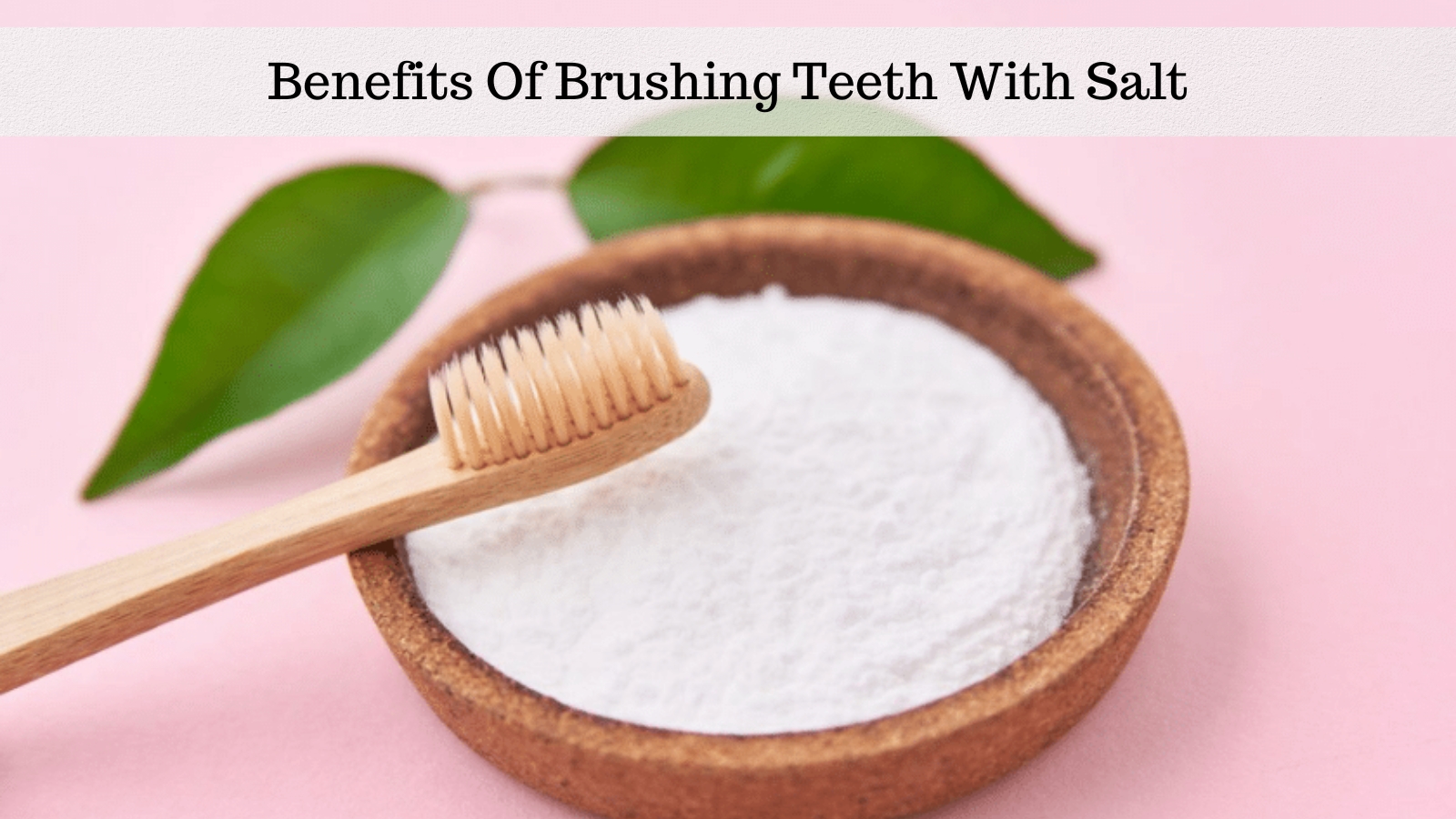So, the other day, I was poking around the internet, as you do, and kept seeing stuff pop up about using salt for your teeth. You know, old wives’ tales, natural remedies, that sort of thing. Some folks swear by it, others say it’s a disaster waiting to happen. It got me thinking, what’s the real deal here? I’m always up for trying things out myself, within reason, of course. So, I decided to dive in and see what I could figure out from my own little experiments.

My first thought went to saltwater rinses. I’ve heard about that for ages, usually when someone’s got a sore throat or a bit of a gum ache. Seemed harmless enough. So, I gave it a shot. My process was pretty simple: I just grabbed some regular table salt, nothing fancy, and a glass of warm water. I didn’t measure super precisely, maybe half a teaspoon of salt into the water, stirred it up until it dissolved.
Then, I started using it as a mouthwash. Swished it around for about 30 seconds, then spit it out. Did this for a few days, usually after brushing. And you know what? It actually felt pretty good. My mouth felt kinda cleaner, and if my gums were feeling a tiny bit sensitive, it seemed to soothe them a bit. No miracles, mind you, but a noticeable, pleasant effect. I thought, okay, there might be something to this.
Then my brain went, “Well, if rinsing is good, what about using salt directly on my toothbrush? Like a natural toothpaste or a polish?” I’d seen some people online suggesting that for whitening or super cleaning. This is where things got a bit dicey.
I sprinkled a tiny bit of salt onto my wet toothbrush, just a pinch, and very, very gently tried to brush with it. Almost immediately, I thought, “Woah, hold on.” It felt gritty. Really gritty. Even with the lightest pressure, I could feel the abrasive texture. It just didn’t feel right. My teeth are important to me, and the idea of scrubbing them with something that felt like fine sandpaper just screamed “bad idea” in my head. I imagined my enamel getting worn down, and that’s not a road I wanted to go down. So, I stopped that experiment pretty quick. One gentle try was enough for me to say “nope” to that method.
After that, I did a bit more reading, just to see if my gut feeling about the direct salt scrubbing was on the mark. And yeah, most dental folks seem to agree. Saltwater rinses? Generally okay, can be beneficial for temporary relief of minor irritation, helps clean things out a bit. But using dry salt or a salt paste directly for brushing? That’s generally a thumbs down because it’s too abrasive. It can wear away your enamel over time, and once enamel is gone, it’s gone for good. That can lead to sensitivity and other problems.

So, what did I learn from all this?
Well, here’s my takeaway from my own little trial and error:
- Saltwater rinses: I found these to be pretty decent. For me, it was a good, gentle way to soothe minor gum irritation and leave my mouth feeling fresh. I’ll probably keep doing this occasionally, especially if my gums feel a bit tender. Just a mild solution, swish, and spit. Definitely don’t swallow it.
- Brushing with straight salt: A big no from me. Based on how it felt, and what I read afterwards, the risk to enamel just isn’t worth it. My regular toothpaste feels much safer and is designed for the job.
- It’s not a replacement: This is important. Salt, even as a rinse, isn’t going to replace your regular brushing with fluoride toothpaste, flossing, and dentist visits. It’s more of an occasional add-on, in my opinion.
So, yeah, salt can have a place, but you’ve got to be smart about how you use it when it comes to your teeth. The rinse felt fine, even beneficial in a small way. The direct scrubbing idea? Not for me, thanks. It’s always interesting to try these things and see for yourself, but sometimes the old ways need a bit of modern understanding to go with them. That’s just my experience, of course. Always best to be careful with your pearly whites!








